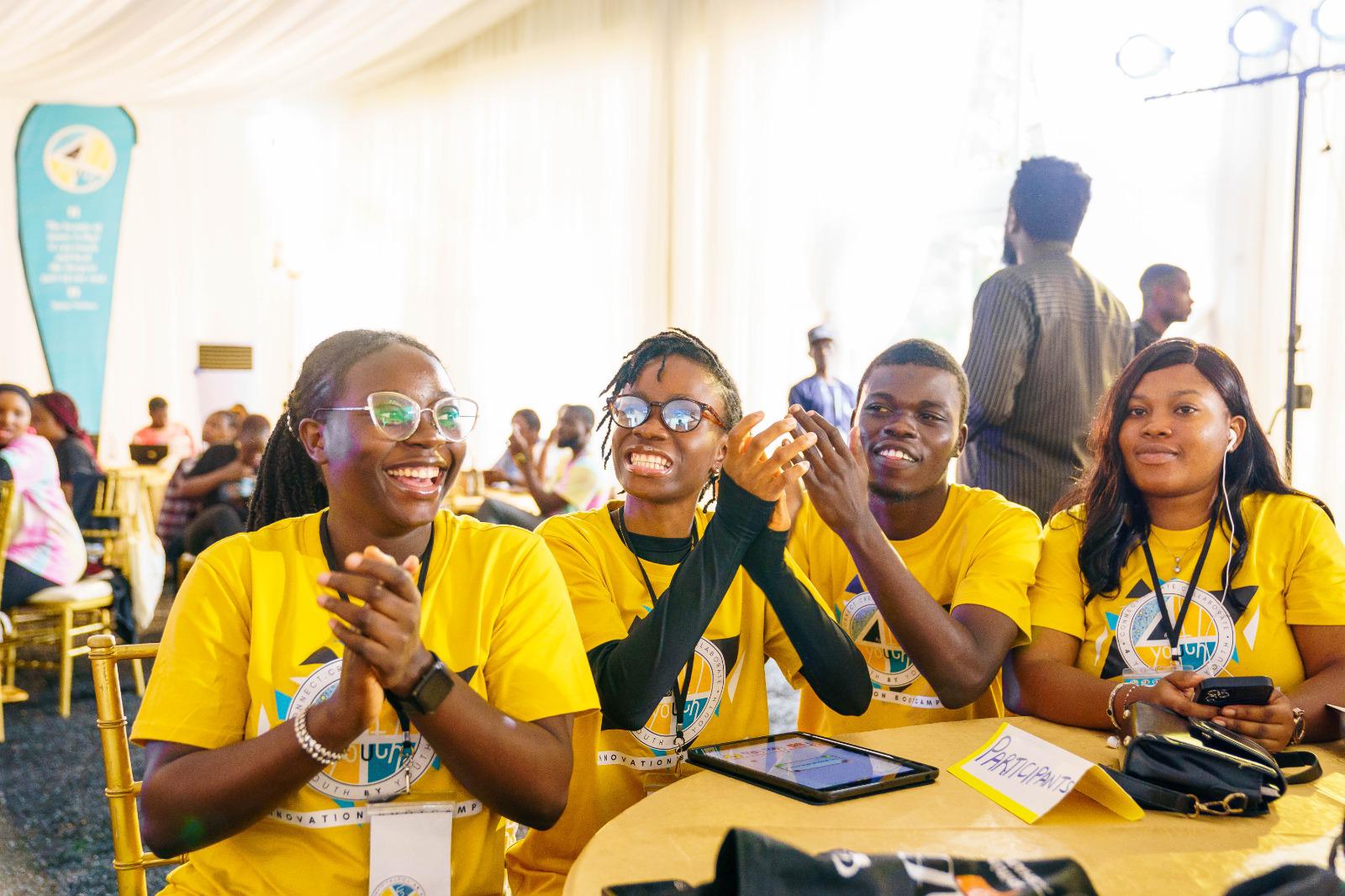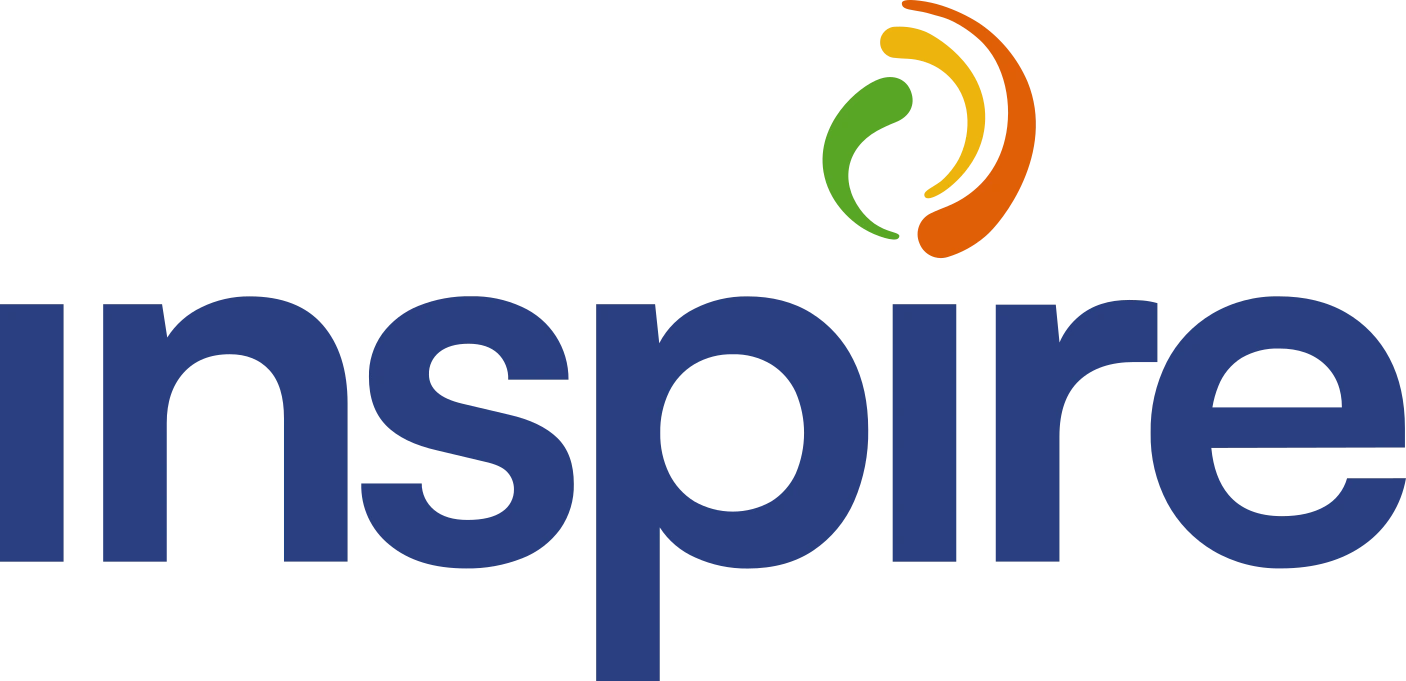INSPIRE Designathon
Now accepting proposals for our 2026 Designathon!
We invite community partners, youth innovators, and faculty collaborators to apply to co-design strategies for scaling up lenacapavir (LEN) use and integrating it into youth-centered HIV prevention and care across Africa. Apply by 16 February 2026 to be considered.
Scaling Up Lenacapavir for Youth-Centered HIV Prevention and Care Across Africa
Our 2026 Designathon combines participatory design with implementation science to advance practical, culturally grounded, and scalable solutions that bring long-acting HIV prevention and treatment (i.e., lenacapavir) closer to where young people live, learn, and connect.
Selected teams will travel to Lagos, Nigeria* for a three-day sprint to hone and pitch their ideas 2-4 May 2026. Teams will have the opportunity to be awarded up to $10,000 US to implement their project ideas. Travel for selected teams will be arranged and funded by INSPIRE.
Context
Lenacapavir (LEN) represents one of the most promising long-acting HIV prevention and treatment options, particularly for adolescents and young adults. Yet, while the science is strong, the pathways for equitable access, acceptability, and effective delivery are still emerging across African settings.
To ensure youth benefit from these innovations, we need implementation strategies that fit the realities of young people’s lives—schools, youth hubs, safe spaces, mobile outreach programs, peer networks, digital platforms, and other environments where adolescents feel comfortable seeking care.
This open call seeks to catalyze adaptation and scale-up strategies that make lenacapavir—and youth-centered HIV prevention and care more broadly—accessible, acceptable, and sustainable for young people across Africa.
Read: WHO recommends injectable lenacapavir for HIV prevention
Mission
We are working towards an HIV-free generation of adolescents and young adults.
We believe in the insights, wisdom, and power of youth!
We nurture academic and non-academic collaborations working to bridge the gap between effective HIV strategies and real world impact on young Africans.

Important Dates
- 16 February 2026 Deadline for proposals
- 18 March 2026 Applicants notified
- 25 March 2026 Teams acceptance deadline
- May 2026 Designathon sprint in Lagos, Nigeria*
- June 2026 Training period
- July 2026-June 2027 Implementation period
Call to Action
We are looking for project proposals that address the question, “How might we scale up long-acting injectable lenacapavir and integrate it into youth-centered HIV prevention and care across Africa?“
Proposed ideas should:
- Design or adapt delivery strategies to integrate lenacapavir into youth-centered HIV prevention, treatment, or adherence support within African settings.
- Explore models for scale-up, such as outreach programs, peer-led navigation, community pharmacies, youth hubs, mobile services, or hybrid digital–in-person approaches.
- Use participatory design methods that meaningfully involve youth, caregivers, and community partners.
- Apply implementation science frameworks—ADAPT-ITT, CFIR, RE-AIM, FRAME/FRAME-IS, EPIS—to guide, measure, and document adaptation or scale-up processes.
- Be co-developed by community/youth organization members and researchers with equitable partnership at the core.
- Aim to generate publishable implementation science outputs, including adaptation documentation, feasibility results, or scale-up roadmaps.
Process
Proposal
Teams of two to four academic and non-academic members are invited to develop and submit a proposal.
Eight teams will be selected to participate in our three-day Designathon sprint in Lagos, Nigeria* and ultimately, be awarded seed funding to carry out their proposed solutions.
Prototype
During our three-day sprint in Lagos, Nigeria*, the eight selected teams will bring to life their ideas in the form of visuals, animations, infographics, prototypes with various tools and refine their proposed solutions with the help of our mentors.
Pitch
Teams pitch their refined prototype to judges. Winning teams are awarded seed funding for piloting or implementing their proposals.
Put into Practice
With the help of INSPIRE’s D&I mentors, winning teams will execute the strategies they finalized during the Designathon sprint over the course of one year.
An updated budget justification for the awarded amount should be provided.
Who can Participate?
- Teams of two to four members that include:
-
- At least one member of a community-based organization or youth group
AND - At least one faculty member or implementation science researcher
- At least one member of a community-based organization or youth group
-
- At least one member must be affiliated with an academic, clinical, or research institution capable of supporting ethical review processes (IRB or equivalent).
- Teams must must have the support of one of the eight PATC³H-IN clinical research centers to be eligible for the 2026 Designathon. This support can be a team member employed by a center or a letter of support from the center.
- Projects must take place in Africa, with clear plans for equitable collaboration and meaningful youth engagement.
- Teams must be able to travel to Lagos, Nigeria* in spring 2026 for the three-day Designathon sprint.
How to Apply
Apply by 16 February 2026 to be considered.
To apply for the INSPIRE 2026 Designathon, you will need to submit the following:
- A completed application
- Your team’s proposal, including team composition and budget (use the provided template below)
- A letter of support from a PATC³H-IN clinical research center OR have a team member who is employed by a PATC³H-IN clinical research center
We recommend completing your proposal and obtaining a letter of support (if needed) before filling out the application. You will be asked to upload these documents at the end of the application.
Word Document Proposal Template
Application Components
- Team lead contact information
- Team information, including a team name, country/region, number of community/youth members, and number of research members
- Upload field for proposal and letter of support
- Essay questions
- Explain why your team is interested in participating in this designathon and how this opportunity will support your team’s professional goals.
- How can we scale up LEN use and integrate it into youth-centered HIV care across Africa?
Rules
- Anonymous Evaluation: All submissions will be reviewed anonymously.
- AI Content Limit: Submissions must contain less than 10% AI-generated content.
- Usage Rights: By submitting, you grant us permission to use all or parts of your submission and photos for program-related purposes, including publications, promotional materials, social media, and other platforms.
Judging Criteria
- Proposal
-
- Key Elements: Does the executive proposal clearly define how the proposal addresses scale up of LEN?
- Knowledge Gap: Does it identify a specific gap in existing interventions and explain why addressing it is critical?
- Focus on Community Impact: Are the proposed interventions practical and impactful in community-based settings?
- Impact: Does the proposal articulate how it will improve outcomes for adolescents and young adults (AYA) living in Africa?
- Significance
-
- Relevance to AYA: Does the proposal demonstrate the importance of addressing the unique challenges faced by AYA in managing HIV?
- Potential Reach: Will the proposed intervention benefit a significant population or community?
- Cultural and Social Relevance: Does the proposal account for cultural, social, and contextual factors in implementing the intervention?
- Innovation
-
- Originality: Does the proposal introduce novel methods, approaches, or perspectives?
- Advancing the Field: Does it propose innovative solutions that push forward the state of HIV intervention science?
- Integration of Technology or New Ideas: Does the submission incorporate new technologies, tools, or strategies to enhance intervention effectiveness?
- Feasibility and Rigor
-
- Achievability: Are the proposed methods feasible within the constraints of the $10,000 budget and the designated time frame?
- Scientific Rigor: Are the methods practical and supported by dissemination and implementation science principles?
- Scalability and Sustainability: Does the proposal demonstrate potential for scalability or sustainability in community-based settings?
- Real-World Application: Does it provide a plan for how the intervention could translate into real-world settings, particularly for underserved AYA populations?
- Team
-
- Expertise and Roles: Does the team provide clear details about their roles, expertise, and relevance to the proposal?
- Team Goals: Are the team’s professional goals aligned with the Designathon, and do they demonstrate how participating in this initiative will further their development?
- Capacity: Does the team have the skills and experience needed to complete the proposed intervention?
- Composition: Is the team made up of both community/youth organization members and researchers?
- Communication Clarity
-
- Engagement: Does the submission effectively explain why the team chose to participate in the open call?
- Presentation Quality: Is the proposal well-written, logical, and easy to understand?
- Alignment: Does the proposal clearly connect the team’s goals, professional development aspirations, and the intervention aims?
- Budget Justification (up to $10,000 US)
-
- Appropriateness: Is the budget justification clear and reasonable?
- Alignment: Are the requested funds aligned with the proposed intervention’s objectives?
- Feasibility: Does the budget reflect a practical plan for achieving the intervention’s aim?
- Does the budget include IRB (or equivilent) costs?
Total Scoring: Each section will be scored independently, and the total weighted score will determine the proposal’s ranking.
*The three-day Designathon sprint taking place in Lagos, Nigeria is contingent on funding and approval. If we are unable to host in Nigeria, we will pivot to a virtual sprint.
